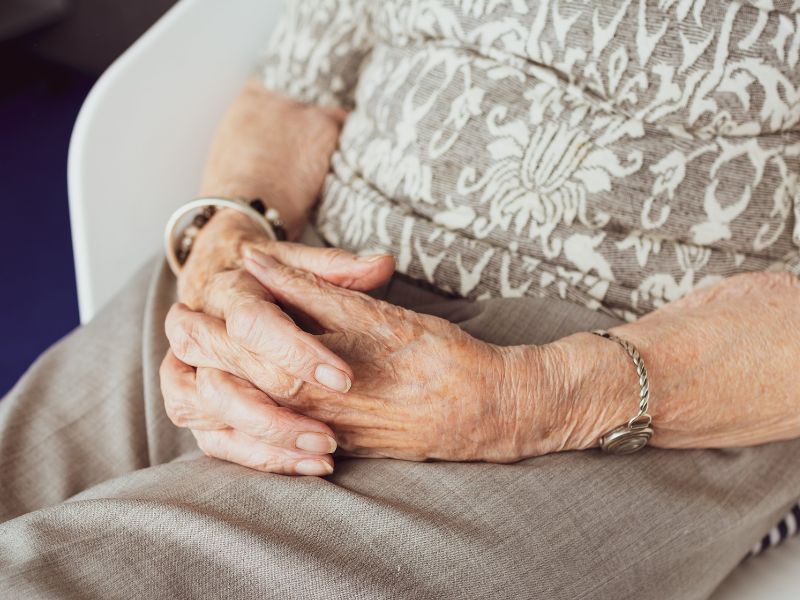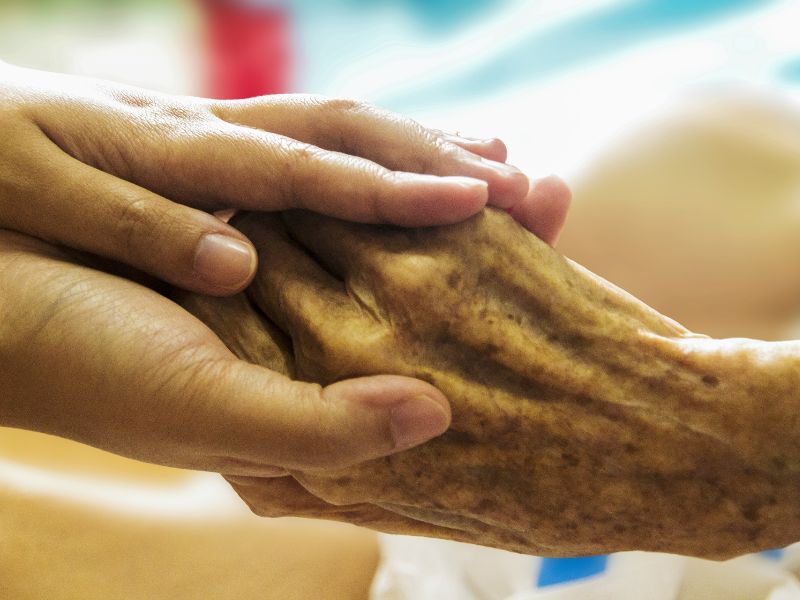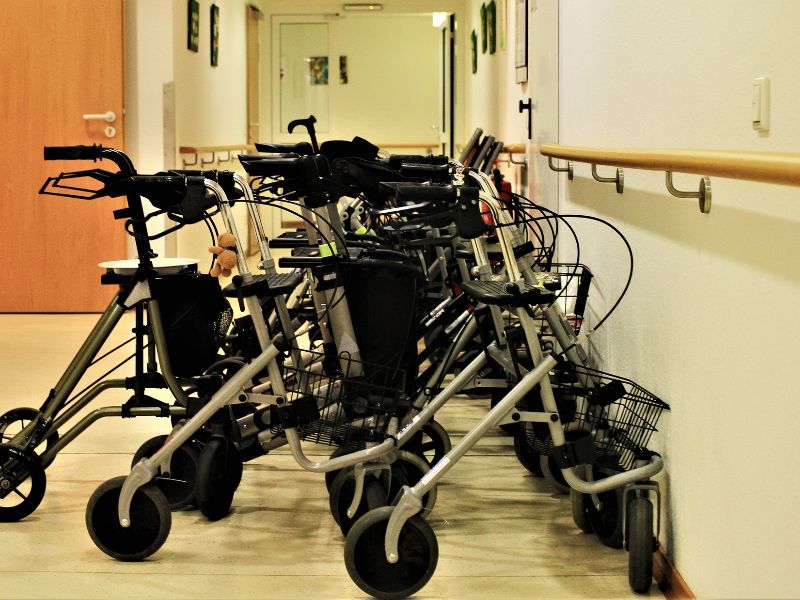Growing old in France
The Pyrénées-Orientales are a wonderful place to spend your retirement but as you get older, you may need to consider additional support.
If that’s the case, for yourself or for a loved one, navigating the different options can be daunting, particularly if you lack confidence in your French.
Here’s our guide to some of the key considerations for growing old in France.
Benefits
While France’s health system, la sécurité sociale, covers medical care it does not cover age-related care. Nevertheless, there are different financial benefits available depending on your situation.
APL
Housing benefits (allocation personalisée de logement), regardless of age, are means tested and allocated by la CAF. You can calculate housing benefit eligibility via the online simulator.
If you don’t already have one, you can create a free account using your social security number (on your carte vitale).
Aspa
For people over 65 with a low income, the allocation de solidarité aux personnes âgées is a means-tested monthly benefit, dependent on your family situation.
The Aspa is paid by your retirement provider (caisse de retraite) and so you need to address your application to them directly.
If your retirement is paid by la sécurité sociale, you can fill in the form here.
APA
The allocation personalisée d’autonomie is calculated according to a person’s level of dependence.
The evaluation scale is called le GIR (groupe iso-ressources) and is based on both physical and psychological variables, such as coherence, mobility and communication skills.
GIR 6 is attributed to people who are autonomous but may need occasional help with domestic activities.
GIR 1 is attributed to those who are confined to bed, requiring the continuous presence of care-givers.
Individuals with an attribution of GIR 1-4 are eligible for the APA benefits. If you are not eligible for APA, you can request an aide ménagère to help pay for someone to come and undertake domestic tasks in your home.
There are two types of APA; one for individuals wishing to remain in their home and one for individuals in, or moving to, a care home (see below).
In both cases, you must request an APA assessment through your local authority. For P-O residents, you can find the form here.
APA payments are usually made directly to the care providers and not to the individual concerned.
Other benefits
For more details of the above benefits and other benefits available, take a look at the French government’s website here. If the person concerned is hospitalised, the assistant social there can help you.

Retirement/care homes
Residential establishments for the elderly are called EPHADs (pronounced eh-pad), an abbreviation of établissement d’hébergement pour personnes âgées dépendantes.
The application form is standardised for all establishments and can be completed via the online platform, ViaTrajectoire. It can then be easily sent to multiple establishments at once.
The application form contains administrative and financial details but also requires a medical summary from your doctor (médecin traitant).
There are a huge number of EPHADS across the Pyrénées-Orientals, ranging in price, size, services offered, and level of care provided. Here’s a list of them all.
Many of the smaller EPHADS feel much more homely but are staffed by nurses, who cannot make medical decisions.
If the person concerned requires significant medical care, you should therefore check how many doctors the EPHAD has and how often they are on site. This also includes any specialists (speech & language therapist orthophoniste, occupational therapist ergothérapeutre, physiotherapist kiné etc.).
For serious medical conditions, it may be better to consider a unité de soins de longue durée (USLD). These are like residential hospitals and have a permanent staff of doctors.
There are 2 USLD in the Pyrénées-Orientales, one in Perpignan (La Miséricorde) and one in Prades (USLD du Centre Hospitalier).
End-of-life care
Writing a will and registering it with a notaire is important for the management of your estate after your death, but the document is not opened until well after the funeral so it’s important to communicate your end-of-life wishes in another way.
In France, anyone over the age of 18 can write their wishes for end-of-life care in an official document known as directives anticipées.
The French government has created two models that you can use as a starting point; model A for people suffering from a terminal illness or who feel they are approaching end-of-life, model B for those in good health. You can also create your own document, if you prefer.
The document covers things like resuscitation, life support, sedation and you can name someone as a person of confidence, who will make decisions on your behalf if you are no longer able to do so for yourself.
If you would like the presence of a religious or spiritual advisor as part of your end-of-life care, you should also include that in your directives.
Directives should be shared with loved ones, but also your doctor. If you have created an online health portal (dossier médical partagé), you should also upload the document there too.
If you are supporting an ageing loved one, you may find it useful to read our article on the legal and administrative process following a death in France.




